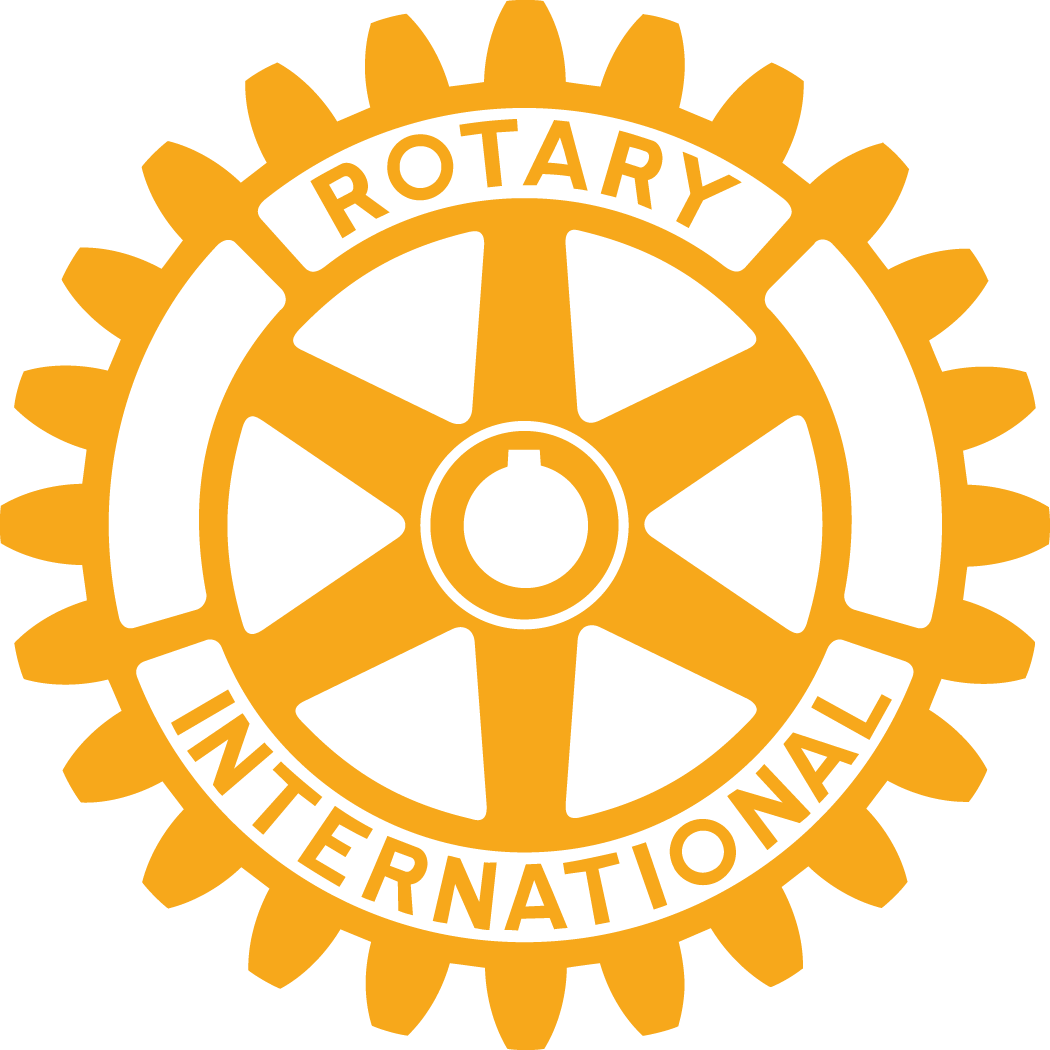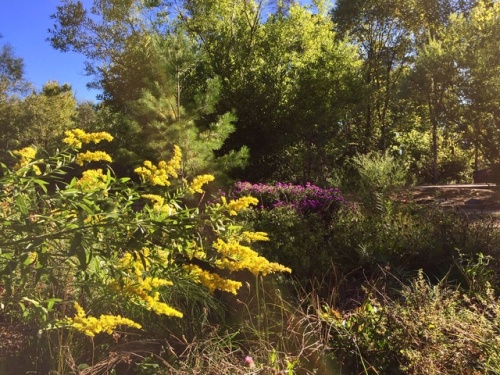What is a Pollinator Garden or Landscape?
Overview
A pollinator garden is a garden that is planted predominantly with flowers that provide nectar or pollen for a wide range of pollinating insects, as well as plants that some pollinators use to lay their eggs and support their young. These plants ensure that these important animals stay in the area, both for their own sakes, and to keep pollinating our crops for continued fruit and vegetable production as well several other flowering plants. For example, bees, both the European honey bee and native bees, are not only essential for the reproduction of many flowering plants, but are also responsible for pollinating billions of dollars worth of agricultural crops.
Native Plant Diversity is Key
Pollinator gardens or landscapes ideally include a diverse range of flowering plants that provide a varied diet for pollinators. Plant diversity serves two purposes: it reduces pest problems and creates overlapping bloom for pollinators throughout the growing season. https://pollinators.msu.edu/resources/pollinator-planting/pollinator-gardens/; https://www.ecolandscaping.org/11/landscaping-for-wildlife/wildlife-habitats/more-than-just-a-pollinator-garden;https://www.foxleas.com/what-is-a-pollinator-garden.asp
Native plants are most useful for native pollinators because native plants are well-adapted to our local environment and don't require much water or care. Native plants also have deep root structures, which helps prevent erosion of soil and perennial native plants reseed themselves giving native pollinators ongoing years of benefits.
For More information
An index to pollinator plants for Michigan and a general list of native Michigan plants.
An Important Note
When choosing plants for your pollinator garden, keep in mind that native plants are not the same as wildflowers. Wildflower seed packets may or may not be adapted to our local environment. You also want to avoid planting hybrids if your goal is to support pollinators. Hybrid varieties might be pretty, but most do not produce much nectar and pollen for pollinators to eat.
You should also be wary of the pesticides used on nursery plants. Nurseries mean well, but they might sell plants with systemic pesticides which can end up in pollen and nectar. Pesticide use may not be labeled. When in doubt, ask the nurseries or buy seeds without pesticide coatings instead.
To help you start your own pollinator garden please see a list of further educational information in the Resources Section, below.
Quick Links to Navigate Operation Pollination:
What are some examples of a “Pollinator?”
What is “Pollination” and why is it so Important?
What is the Difference Between a Butterfly and a Pollinator Garden?

|
|
Support our Sponsors
Loading
Loading...

